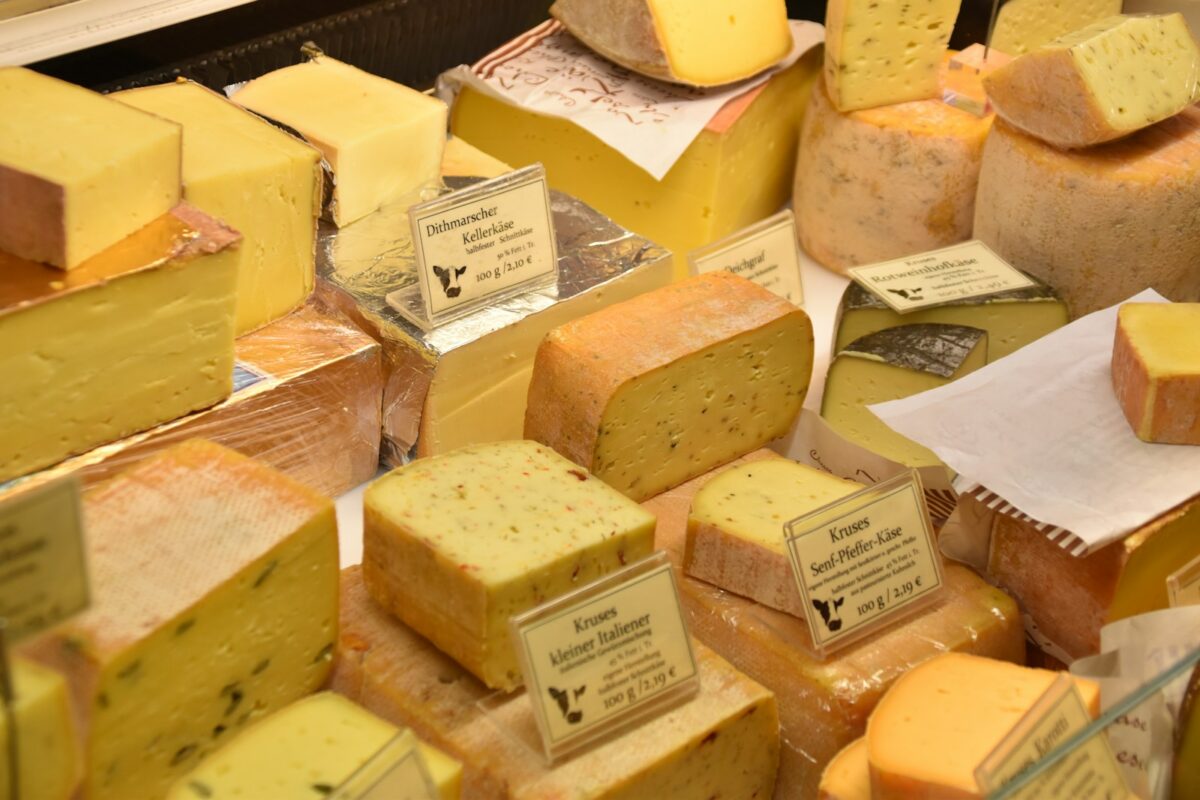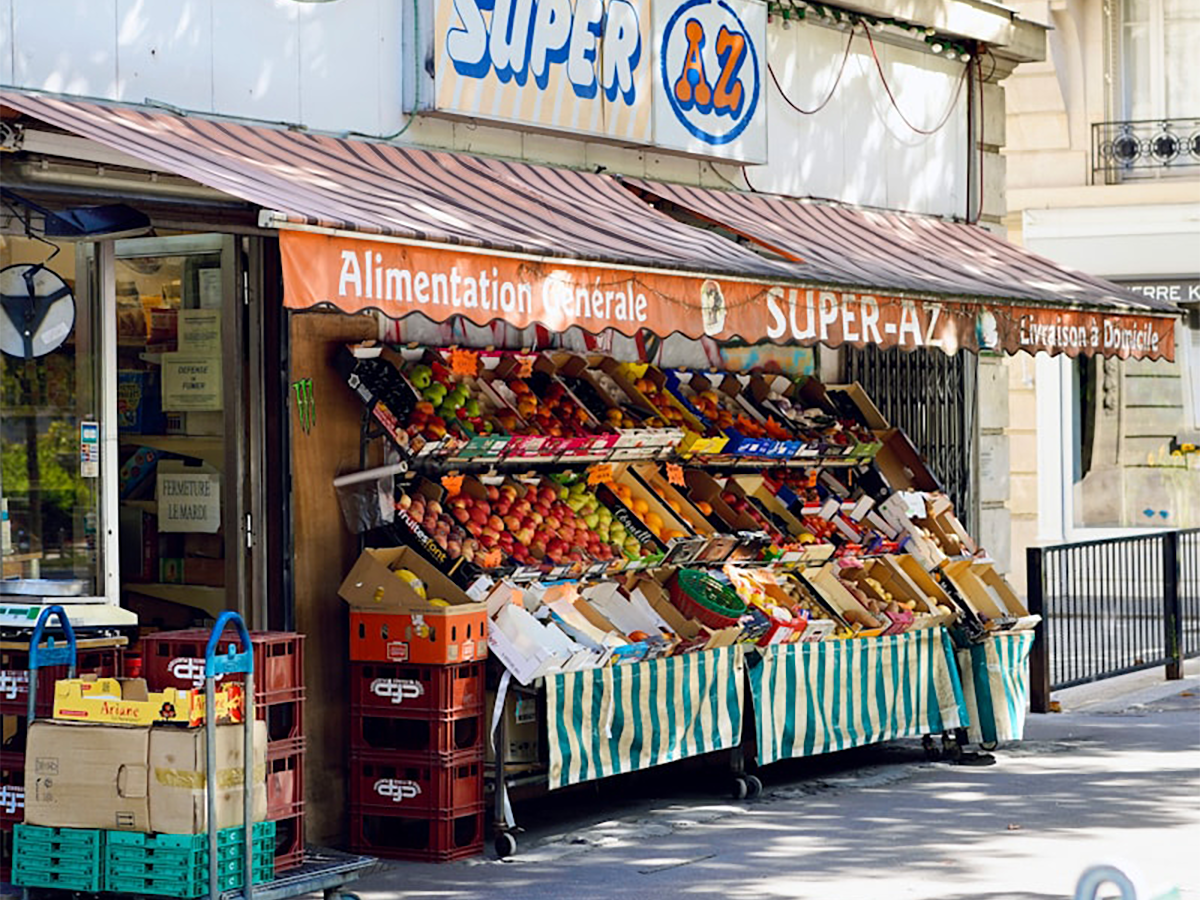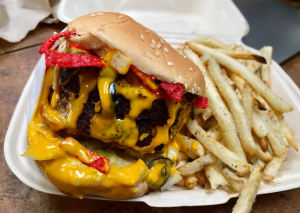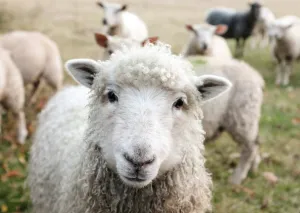Introduction: Dairy Dilemma in a Vegan Diet
A common question faced by those exploring veganism is, “Do vegans eat cheese?” The short answer is no, traditional cheese, which is derived from animal milk, does not fit into a vegan diet. However, this doesn’t mean giving up cheese flavors and textures altogether. This article explores vegan cheese alternatives and provides tips for living without traditional cheese.
Understanding Veganism and Dairy
Veganism excludes all animal products, aiming to reduce animal suffering and environmental impact. Traditional cheese, made from cow’s, goat’s, or sheep’s milk, falls outside vegan dietary choices due to the animal exploitation inherent in dairy farming.
Understanding Veganism and Dairy: A Deeper Insight
Veganism’s stance against animal products extends to the dairy industry, which often involves practices contrary to vegan ethics, such as separation of calves from their mothers and intensive farming conditions. Moreover, the dairy sector contributes significantly to environmental issues like greenhouse gas emissions and water usage. By avoiding traditional cheeses and other dairy products, vegans take a stand against these practices, promoting a more humane and sustainable approach to consumption.
In addition to ethical and environmental concerns, health considerations also play a role in the vegan choice to exclude dairy. Many individuals choose veganism to avoid the hormones and antibiotics commonly found in conventional dairy products, as well as to address lactose intolerance and dairy sensitivities. This holistic approach to health and well-being further underscores the comprehensive nature of vegan dietary choices.
By understanding the multifaceted reasons behind veganism’s exclusion of dairy, individuals can better appreciate the rationale for avoiding traditional cheese and explore plant-based alternatives that align with their values and dietary needs.
The Rise of Vegan Cheese
The market for vegan cheese has expanded dramatically, responding to growing demand for plant-based alternatives:
- Ingredients: Vegan cheeses are made from various plant-based ingredients like nuts, soy, root vegetables, and even aquafaba (chickpea water).
- Types: From soft fresh cheeses to hard, aged varieties, vegan cheese can mimic traditional cheese in flavor, texture, and function.
- Availability: Once found only in specialty stores, vegan cheese is now widely available in many supermarkets, making it easier for vegans to enjoy cheese-like products.
Living Without Traditional Cheese: A Shift in Perspective
Embracing a life without traditional cheese can be challenging for many. However, this transition opens up new culinary experiences:
- Exploring Alternatives: Experimenting with different vegan cheeses helps identify favorites and introduces new flavors to your diet.
- Health Benefits: Vegan cheeses are typically lower in saturated fat and cholesterol, offering a healthier option that still satisfies cheese cravings.
- Creative Cooking: Learning to make homemade vegan cheese can be a rewarding experience, with numerous recipes available for cheeses based on cashews, almonds, and other plant bases.
How to Live Without Cheese: Practical Tips
For those struggling to imagine a diet without traditional cheese, consider these strategies:
- Gradual Transition: Start by substituting vegan cheese in dishes where cheese isn’t the star, gradually moving to more cheese-centric recipes as you find alternatives you enjoy.
- Focus on Whole Foods: Many vegans find that focusing on whole, plant-based foods naturally diminishes cheese cravings over time.
- Experiment with Flavors: Nutritional yeast, for example, offers a cheesy flavor and can be added to popcorn, pasta, and soups for a dairy-free cheesy taste.
In Summary: Embracing the Change
Adopting a vegan lifestyle means rethinking traditional dairy products like cheese. With the growing variety of vegan cheese options and creative culinary approaches, living without traditional cheese is more manageable and enjoyable than ever.
To help you along here are five vegan cheese brands you can trys:
- Chao by Field Roast: Offers neutral-tasting cheeses ideal for sandwiches and salads. Quality is backed by their reputation in vegan products. Field Roast
- Follow Your Heart: Known for a variety of cheese forms including shreds, slices, and blocks, great for melting on vegan dishes. Follow Your Heart
- Kite Hill: Specializes in almond milk-based cheeses, perfect for those seeking a creamy, spreadable alternative. Kite Hill
- Miyoko’s Creamery: A pioneer in vegan cheese, offering a range of products from mozzarella to gourmet cheese wheels. Miyoko’s Creamery
- Violife: Offers a wide range of cheese products from shreds to slices, known for their flavor and meltability. Violife
These brands are celebrated for their quality and variety, making them excellent choices for those transitioning to a vegan diet or looking for plant-based alternatives .



